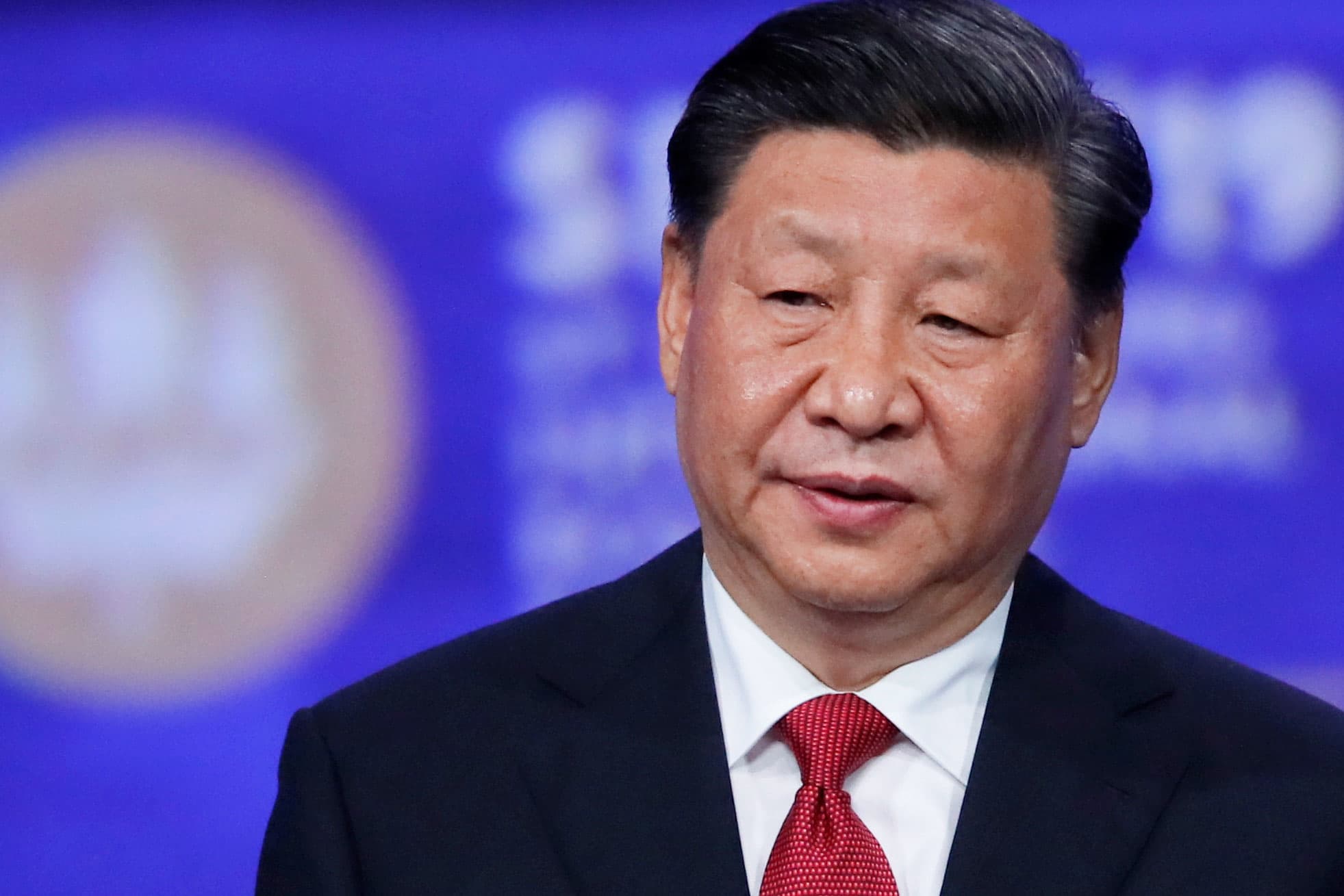U.S. President Donald Trump's latest threat to slap elevated tariffs on Chinese goods will likely push Beijing to ramp up stimulus in order to shield its economy from additional harm, a Goldman Sachs strategist said on Friday.
Trump on Thursday said Washington will apply 10% tariffs on $300 billion of Chinese goods starting Sept. 1. That's in addition to the $250 billion of Chinese goods already subject to a 25% U.S. tariff — which Beijing had retaliated to by imposing elevated levies on billions of dollars of American products that it imports.
The U.S. and China — the two largest economies in the world — have been engaged in a trade war over the past year which has affected investor sentiment and business confidence. With heightened uncertainties overseas, China will have to support its domestic economy to achieve its growth target of 6% to 6.5%, said Timothy Moe, co-head for Asia macro research and chief Asia Pacific equity strategy at Goldman Sachs.
China's gross domestic product growth in the first six months of this year was 6.3%, official data showed.
"We do think that one of the actions that China would likely take ... is to continue with stimulation of the domestic economy," Moe told CNBC's "Street Signs."
We believe China's strategy in this trade war escalation will be to slow down the pace of negotiation and tit-for-tat retaliation.
"The external side has been weak and that has obviously been exacerbated by the U.S.-China trade friction. So, in order to offset that negative effect from the external side of the economy, there needs to be corresponding investments or activity which support domestic demand," Moe added.
Beijing has introduced a series of measures such as monetary policy easing and tax cuts to support its economy. Further actions will likely be in the form of fiscal stimulus, Moe said, adding that some relaxation in property measures could be on the cards.
Analysts from Citi said the latest round of U.S. tariffs on Chinese goods would reduce China's exports by 2.7% and slash GDP growth by 50 basis points. That's on top of the economic damage already caused by previous rounds of tariffs, the analysts wrote in a late Thursday note.
Even then, the analysts said they expect Beijing to "formally use the strategy of waiting it out" rather than "giving in" to Washington's demands. That means monetary policy will likely become more accommodative, and fiscal policies focusing on infrastructure investment and lifting rural consumption will "play a more proactive role" in supporting growth, according to Citi.
An economist from Dutch bank ING, Iris Pang, wrote in a Friday note that China may want to drag out the tariff fight with the U.S. because "a full-blown trade war is unlikely to help President Trump's chances" in the 2020 election.
"We believe China's strategy in this trade war escalation will be to slow down the pace of negotiation and tit-for-tat retaliation," she said. "This could lengthen the process of retaliation until the upcoming US Presidential Election."


